Hope
by Emily Dickinson
Hope is the thing with feathers
That perches in the soul,
And sings the tune without the words,
And never stops at all,
And sweetest in the gale is heard;
And sore must be the storm
That could abash the little bird
That kept so many warm.
I ‘ve heard it in the chillest land,
And on the strangest sea;
Yet, never, in extremity,
It asked a crumb of me.
Analysis
In her poem “Hope,” Emily Dickinson uses an extended metaphor to compare hope to a bird, illustrating its resilience, comfort, and constancy. The analysis of the poem can be broken down into the following aspects:
Extended Metaphor: Throughout the poem, Dickinson personifies hope as a bird that resides within the human soul. This metaphor suggests that hope is a living, dynamic presence that provides comfort and strength to individuals.
Resilience: The bird of hope “never stops at all” and continues to sing its tune even in the midst of life’s challenges and difficulties, represented by the “gale” and “storm.” This highlights the resilience of hope and its ability to persevere through hardships.
Comfort: The bird’s song is “sweetest in the gale” and “kept so many warm,” implying that hope offers the greatest comfort during times of adversity. It has the power to soothe and reassure individuals facing challenges.
Constancy: Dickinson emphasizes that hope is a constant presence, found in “the chillest land” and “on the strangest sea.” No matter the circumstances or location, hope remains steadfast and unwavering.
Self-sufficiency: The final stanza underscores the self-sufficiency of hope. The bird “never, in extremity, / It asked a crumb of me,” suggesting that hope does not depend on external sustenance or validation. It is an inherent part of the human experience.
Imagery and Sound: Dickinson’s choice of words, such as “perches,” “sings,” “gale,” and “storm,” evoke vivid imagery and create a sense of movement and energy within the poem. The alliteration in “sing” and “soul” adds to the poem’s musicality, reinforcing the idea of hope as a song within the soul.
Through this poem, Dickinson presents hope as a powerful, enduring force that provides solace, strength, and encouragement to individuals facing life’s challenges. The extended metaphor of the bird effectively conveys the intangible nature of hope and its profound impact on the human experience.
Biography
Emily Dickinson (1830-1886) was one of the most famous and influential American poets. She led a very private life, rarely leaving her hometown of Amherst, Massachusetts, where she pursued her passion for writing poems that broke conventional rules of style and theme.
Though she wrote nearly 1800 poems, less than a dozen were published during her lifetime. She was known for being reclusive and eccentric, interacting largely through letters. Her poems reflect deep insights into death, religion, nature, love and other weighty topics.
After Dickinson died, her sister discovered the enormous collection of unpublished poems and and wanted them published.. Emily Dickinson garnered recognition for her innovatively sparse, untitled form as well as her symbolic richness and bold questioning of core beliefs and doctrines. Her body of work became very influential for modernist and contemporary poets.
Today, Emily Dickinson is considered one of the towering figures of American literature. Though she never formally studied poetry and had little exposure to literary society, she is now studied globally and continues to inspire writers with the intensity and enigmatic beauty of her small yet profound poems.

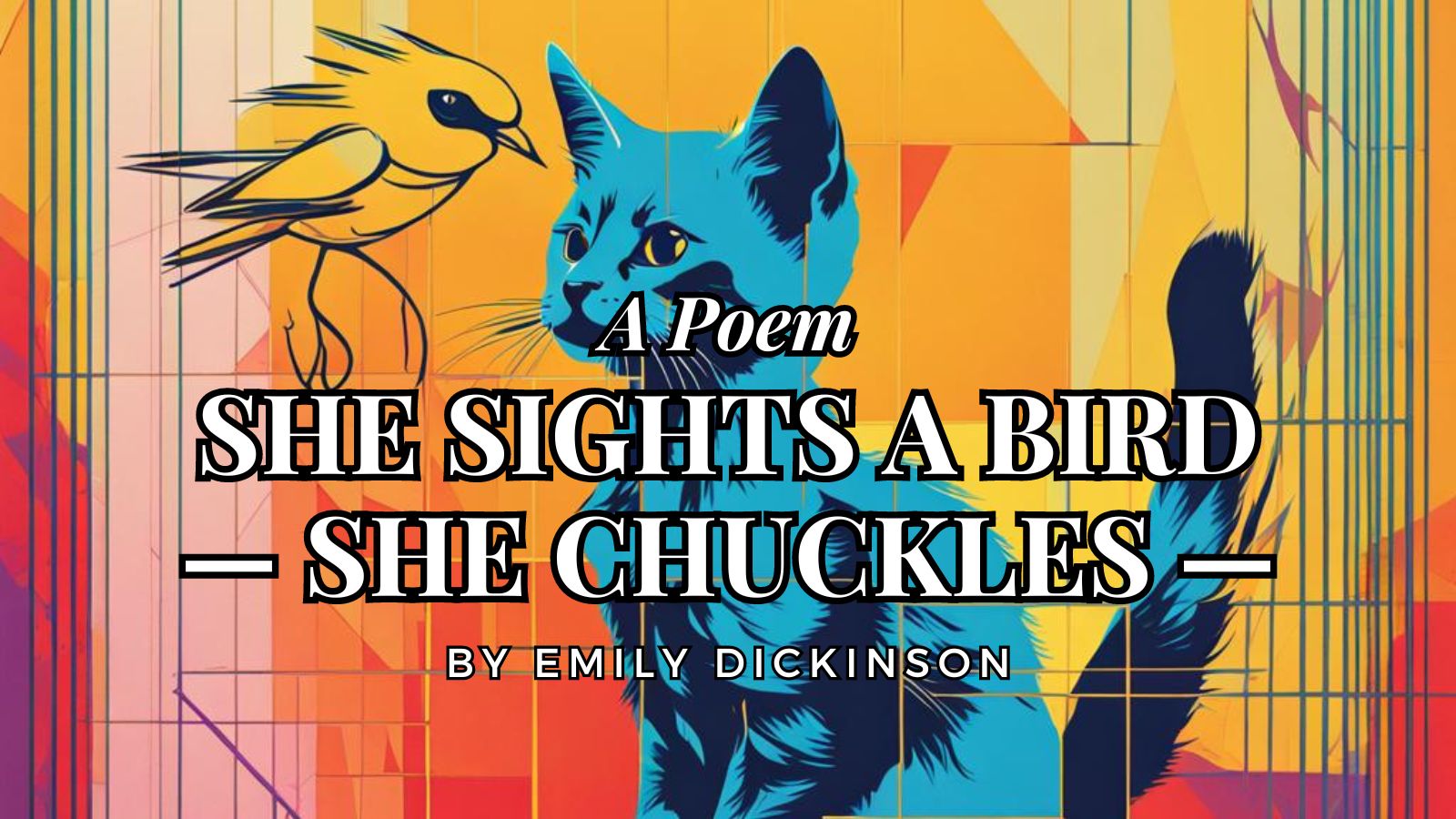
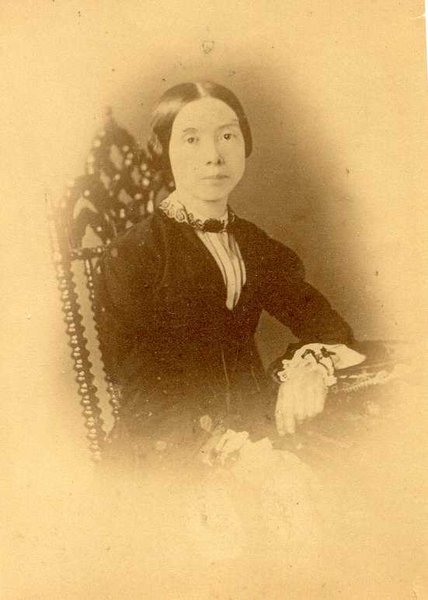
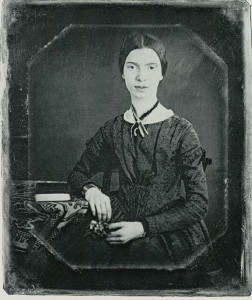
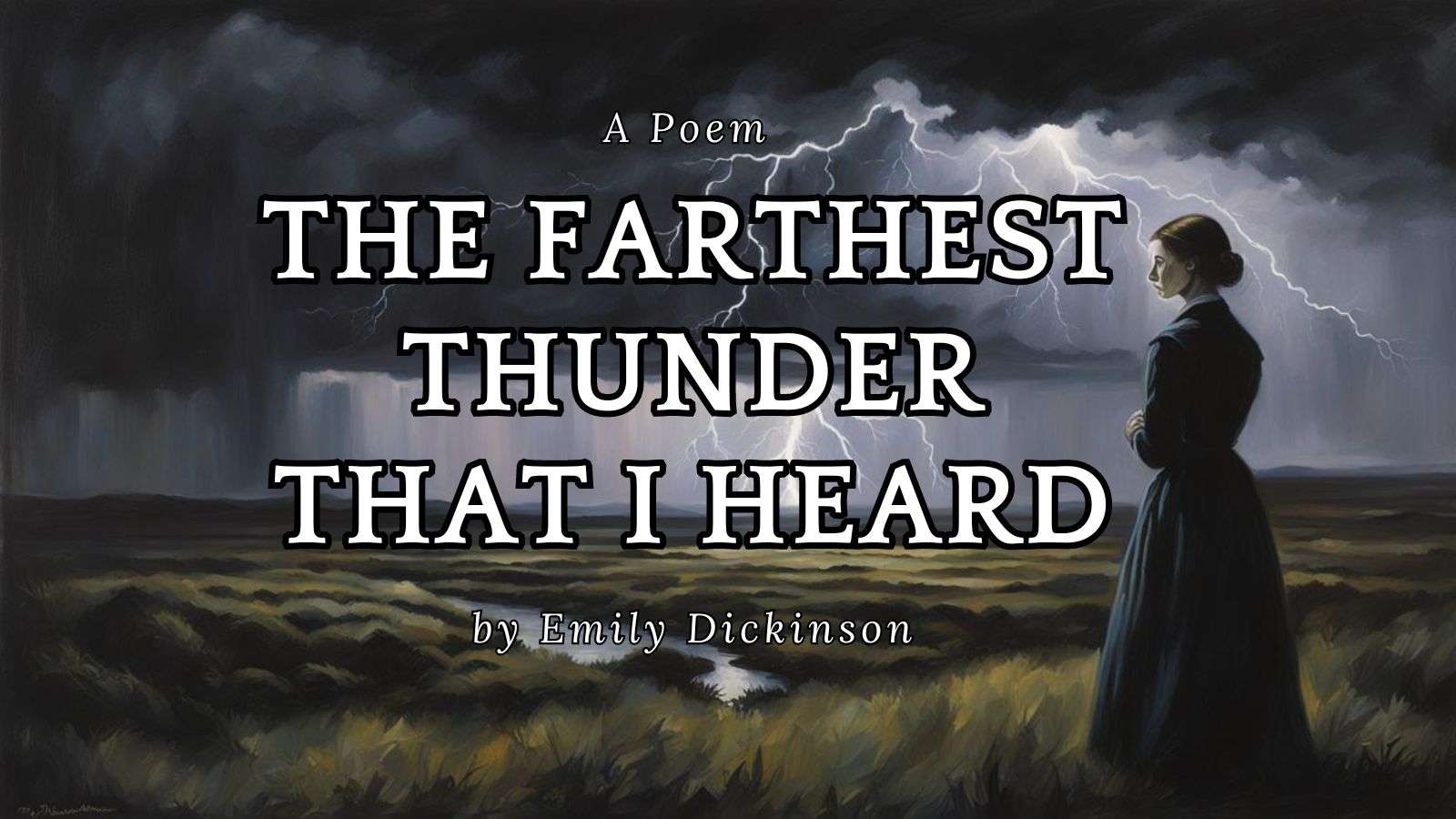
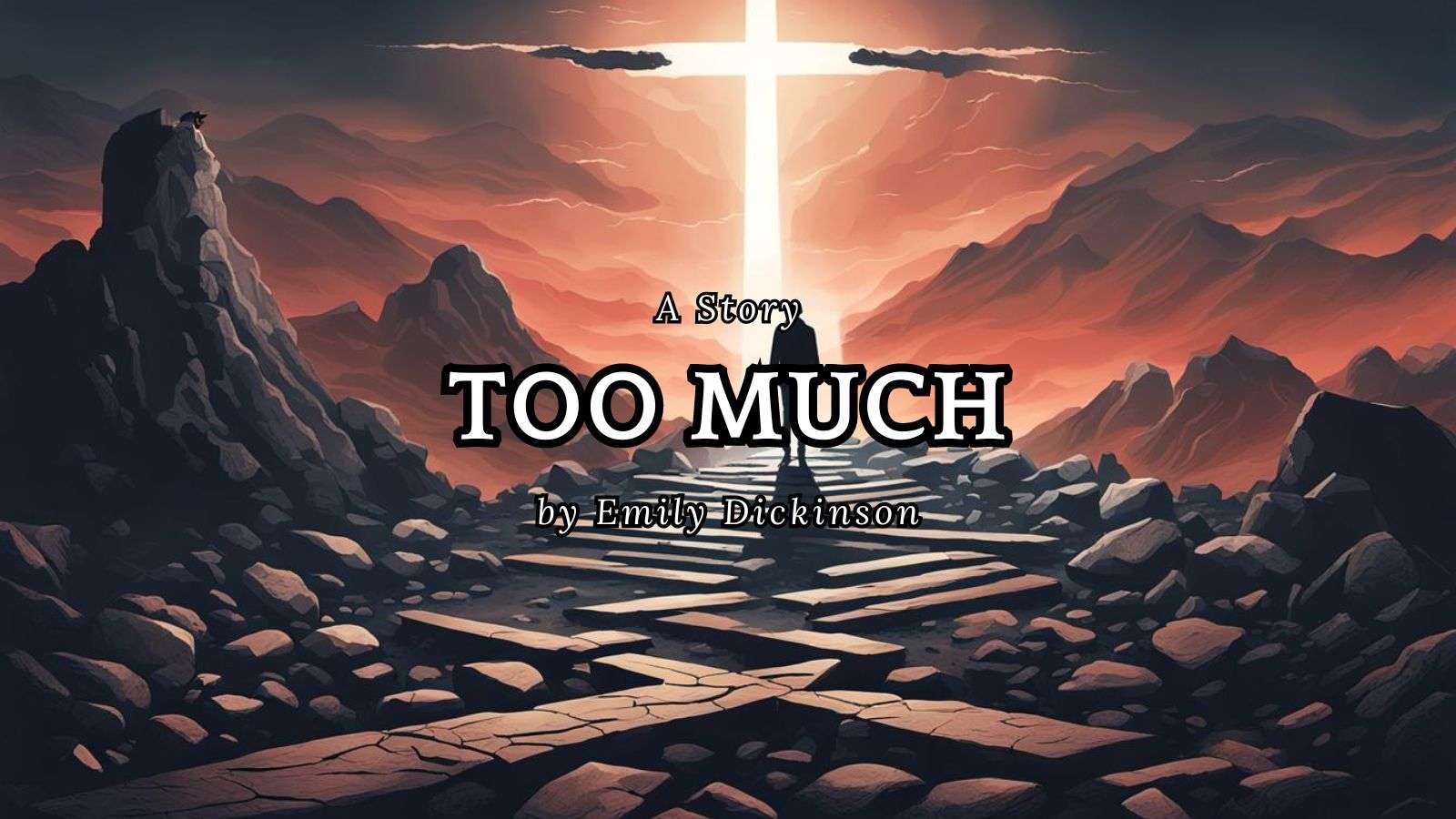
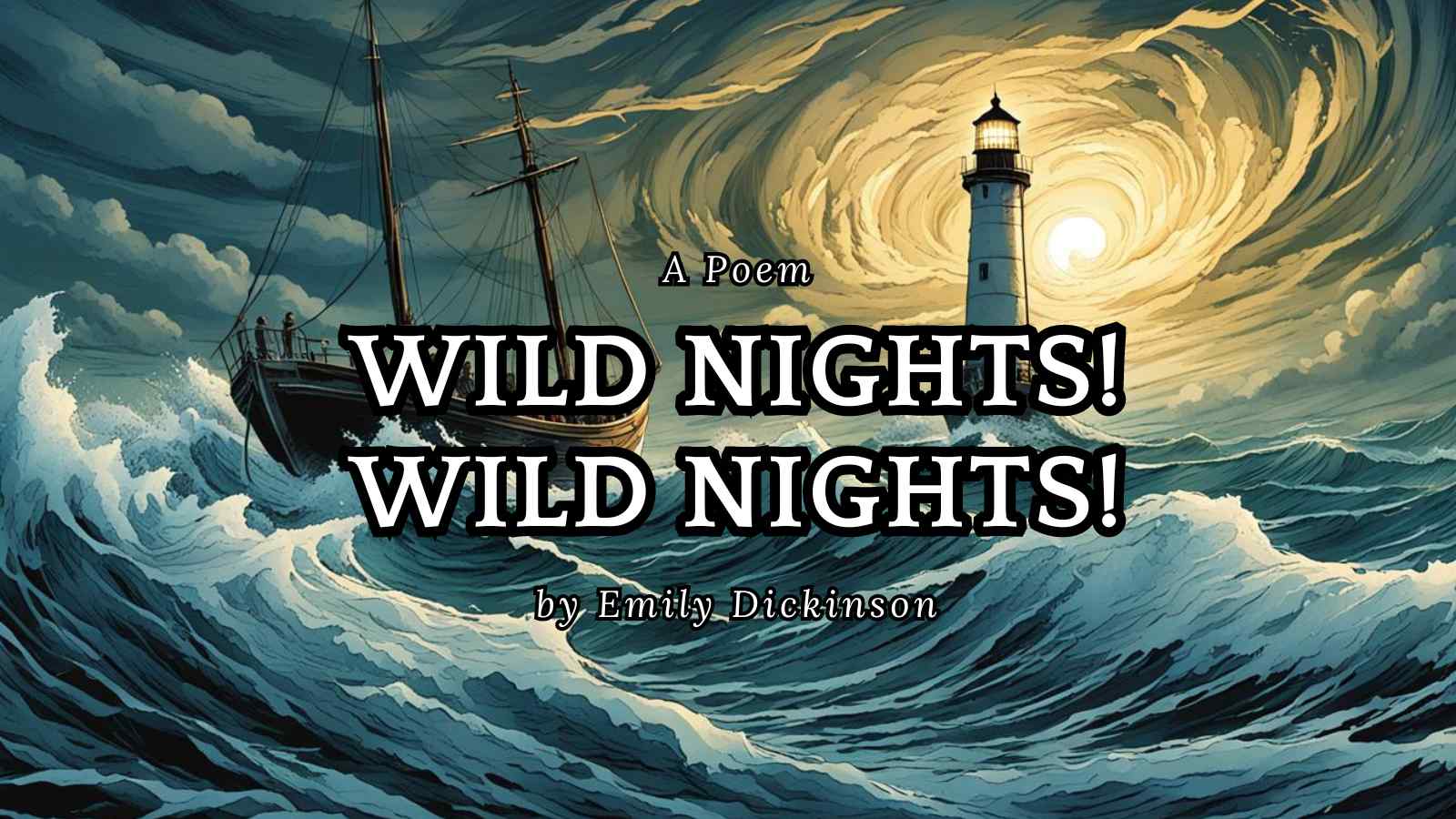
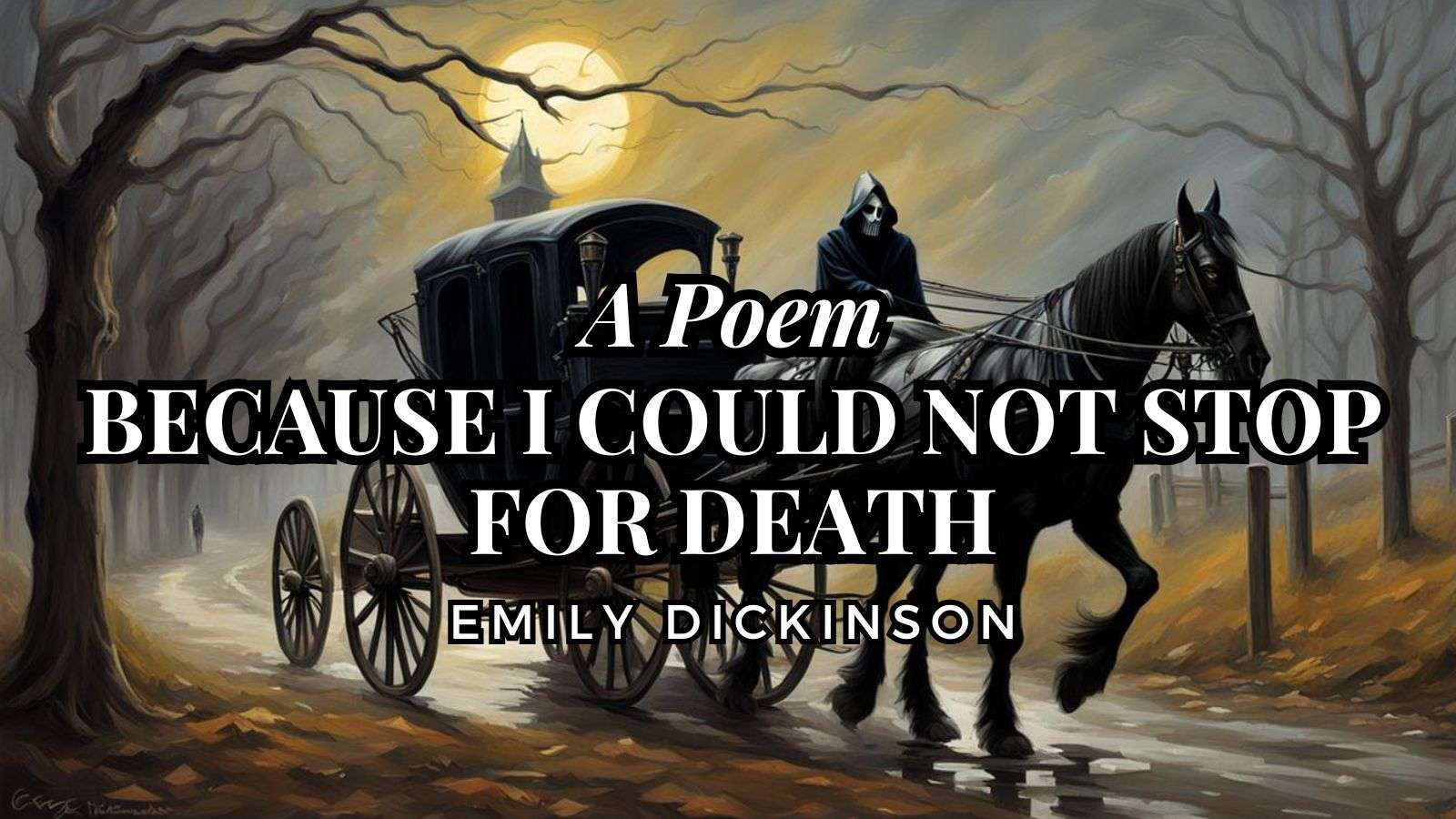
Leave a Reply